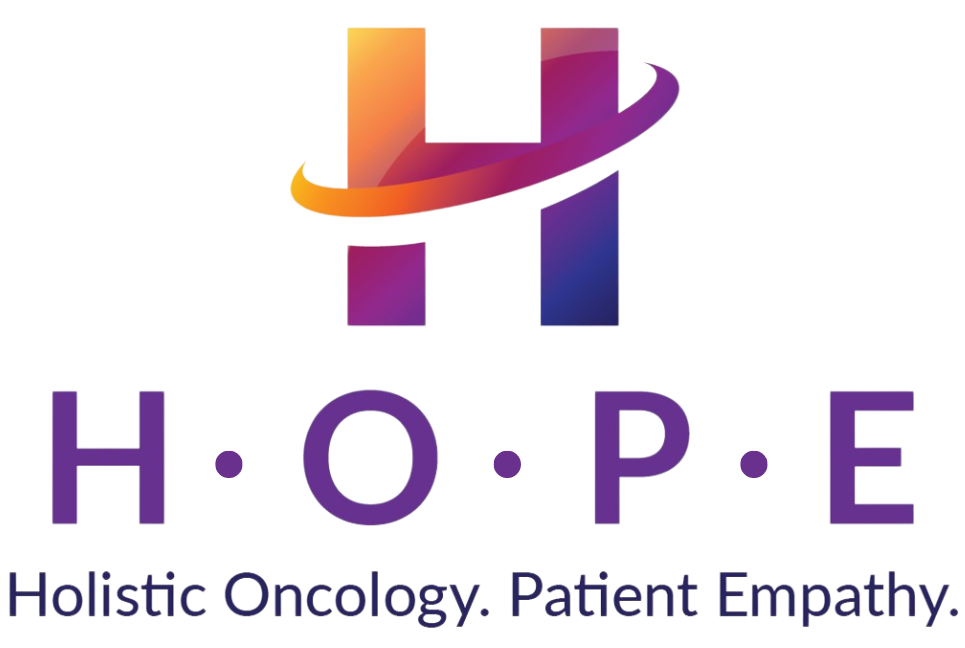Cancer, with its profound physical and emotional implications, thrusts individuals and their families into a realm of distress that demands comprehensive support.
The physical aspects of cancer are addressed by medical professionals, but the emotional distress necessitates a nuanced approach, often best provided by Cancer Counsellors or onco-psychologists.
In the wake of a cancer diagnosis, a tidal wave of distress engulfs both the diagnosed individual and their familial support system. While the visceral reaction to such news is understandable, it is crucial to underscore the importance of seeking help. Even when the distress levels seem manageable, engaging in a counselling session can be profoundly beneficial. This involves partnering with mental health professionals specialized in oncology, working collaboratively to navigate the myriad challenges that accompany a cancer diagnosis.
The multifaceted role of counselling becomes evident when considering the following key reasons for its importance:
- Stress Reduction:
The array of emotions triggered by cancer, including fear, anger, depression, and anxiety, can be overwhelming. Counselling serves as a linchpin in reducing stress associated with these emotions.
Phobias related to treatment, body image issues, shifts in familial roles, and financial strains are also addressed, providing individuals and their families with coping mechanisms.
- Addressing Personal Issues:
Beyond the medical aspects, counselling delves into personal domains such as beliefs, sexuality, spirituality, and relationship dynamics.
This holistic approach ensures that emotional well-being is nurtured on various fronts, fostering a more resilient mindset in the face of adversity.
- Empowerment:
Cancer often robs individuals of their sense of agency. Counselling becomes a vehicle for empowerment, guiding individuals to make informed choices and decisions regarding their treatment journey.
The empowerment extends to the family unit, providing them with tools to offer meaningful support and understand the emotional landscape.
- Coping Strategies:
Cancer introduces a myriad of challenges, and counselling becomes a forum for discovering adaptive coping strategies.
Lifestyle changes necessitated by treatment are discussed, empowering individuals to embrace these changes proactively.
- Enhancing Quality of Life:
Beyond surviving, the aim is to thrive. Counselling contributes significantly to overcoming distressing thoughts and feelings, thereby enhancing the overall quality of life for both patients and their loved ones.
Quality of life encompasses not just the absence of disease but the presence of emotional well-being and a sense of purpose.
- Managing Irrational Beliefs:
Research underscores the efficacy of counselling in helping patients manage irrational beliefs and negative thought patterns that often accompany a cancer diagnosis.
By addressing these cognitive aspects, counselling becomes a tool for fostering a more positive outlook and mindset.
While the central focus of counselling revolves around the patient, it is imperative not to overlook the critical role of caregivers. Cancer is a complex adversary that reverberates through the entire familial ecosystem. Emotional support for caregivers is as vital as the support provided to patients.
Counselling for caregivers encompasses a spectrum of challenges:
- Managing Caregiver Stress:
The stress associated with caregiving can be immense. Counselling equips caregivers with strategies to navigate this stress, preventing burnout and fostering resilience.
- Focus on Self-Care:
Caregivers often neglect their own well-being while attending to the needs of the patient. Counselling emphasizes the importance of self-care, ensuring that caregivers are equipped to provide sustainable support.
- Effective Communication:
The caregiver-patient dynamic is intricate. Counselling facilitates improved communication between caregivers and patients, fostering understanding and empathy.
- Reducing Caregiver Burnout:
Caregiver burnout is a real and pervasive risk. Counselling serves as a proactive measure, reducing the likelihood of burnout and its associated consequences.
Conclusion:
The timing of counselling is of paramount importance. Ideally, it should be seamlessly integrated into the continuum of cancer care from the moment of diagnosis, irrespective of the treatment intent. The trajectory of cancer care extends far beyond the active phase of treatment, with individuals who have conquered cancer facing a unique set of challenges.
Even for those who have triumphed over the disease, fears of recurrence, scanxiety, body image concerns, and the intricacies of resuming normalcy, including sexual intimacy, persist. Long-term counselling support emerges as a cornerstone in aiding individuals to navigate these post-treatment challenges successfully.
Palliative chemotherapy introduces another dimension to the counselling landscape. Individuals undergoing such treatment face the poignant reality of living with the disease. Counselling, in this context, serves as a guide in crafting a life that accommodates the presence of the illness while maximizing the quality of life. Importantly, as disease progression unfolds, counselling becomes instrumental in preparing both the individual and their family for the profound considerations associated with end-of-life care.
Contrary to a common misconception, the role of counselling does not conclude with the death of a patient. Instead, it seamlessly transitions into grief and bereavement support for the surviving family members. The aftermath of a loved one’s passing brings forth a unique set of emotional challenges, and counselling extends a compassionate hand in navigating this complex terrain.
The holistic nature of counselling, encompassing the diverse phases of the cancer journey, underscores its enduring importance. From the initial shock of diagnosis to the triumphant moments of survivorship, counselling weaves a supportive tapestry that acknowledges the emotional intricacies of each step.
In conclusion, the vital role of counselling in the context of cancer cannot be overstated. It is not merely a complementary service but an integral component of comprehensive cancer care. By addressing the emotional dimensions of the disease, counselling contributes significantly to the overall well-being of individuals and their families, fostering resilience, empowerment, and a sense of purpose. The journey through cancer is arduous, but with the right emotional support, it can also become a transformative process of growth and healing.








